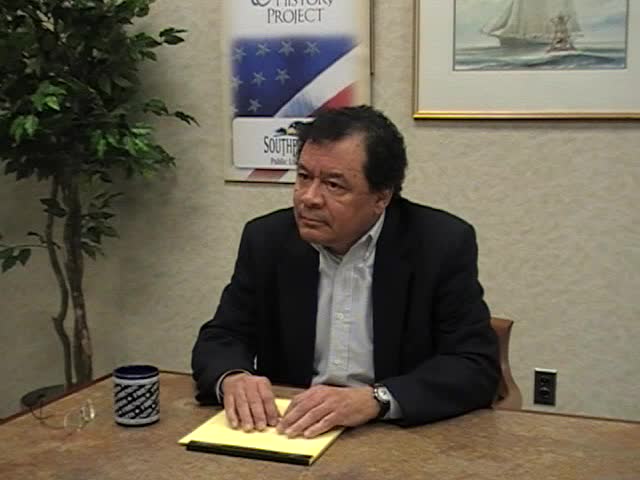
In the realm of private investigations, cultural sensitivity is not just a desirable trait; it’s an imperative aspect that can make or break a case. As the world becomes increasingly interconnected, private investigators encounter diverse cultures, backgrounds, and beliefs in their line of work. Understanding and respecting these cultural nuances is not only ethical but also fundamental to conducting successful investigations. Let’s delve into why cultural sensitivity is paramount in private investigations.
Building Trust and Rapport
Cultural sensitivity lays the foundation for trust and rapport between the investigator and the individuals involved in the investigation. When people feel understood and respected within the context of their cultural norms, they are more likely to cooperate and provide valuable information. For example, in certain cultures, direct eye contact may be perceived as confrontational or disrespectful. A culturally sensitive investigator will adapt their behavior accordingly, fostering a conducive environment for communication.
Overcoming Language Barriers
Language is a central aspect of culture, and overcoming language barriers is often crucial in private investigations. A culturally sensitive investigator recognizes the importance of effective communication and takes steps to bridge linguistic gaps. This may involve hiring translators or interpreters who are not only proficient in the language but also understand the cultural nuances embedded within it. By ensuring clear and accurate communication, investigators can gather precise information vital to the case.
Respecting Cultural Norms and Practices
Cultural sensitivity entails respecting the customs, traditions, and practices of different cultural groups. Certain actions or behaviors that may seem innocuous in one culture could be deeply offensive in another. For instance, entering someone’s home without removing shoes might be acceptable in some cultures but considered rude in others. By familiarizing themselves with the cultural norms of the individuals they are interacting with, investigators can avoid unintentionally causing offense and maintain professionalism throughout the investigation.
Avoiding Stereotypes and Biases
Cultural sensitivity also involves recognizing and challenging stereotypes and biases that may influence perceptions and judgments. Preconceived notions based on race, ethnicity, or nationality can hinder the investigative process and lead to erroneous conclusions. A skilled investigator remains vigilant against these biases, approaching each case with an open mind and a commitment to impartiality. By treating each individual as unique and multifaceted, rather than as representatives of a particular cultural group, investigators can uncover the truth without prejudice.

Enhancing Credibility and Reputation
In the field of private investigations, credibility is paramount. A reputation for cultural sensitivity and professionalism not only attracts clients but also garners respect within the industry. Word-of-mouth referrals and positive reviews often hinge on the integrity and sensitivity displayed by investigators in their interactions with clients from diverse backgrounds. By prioritizing cultural sensitivity, investigators bolster their credibility and establish themselves as trusted allies in navigating complex investigative matters. Try to navigate to this site for more articles, information, and resources about cultural sensitivity in private investigations.
Conclusion
Cultural sensitivity is not merely a nicety in private investigations; it is a fundamental prerequisite for success. By building trust and rapport, overcoming language barriers, respecting cultural norms, avoiding stereotypes, and enhancing credibility, culturally sensitive investigators pave the way for thorough and effective investigations. In an increasingly globalized world, where diversity is the norm rather than the exception, embracing cultural sensitivity is not just ethically sound—it’s smart investigative practice.
